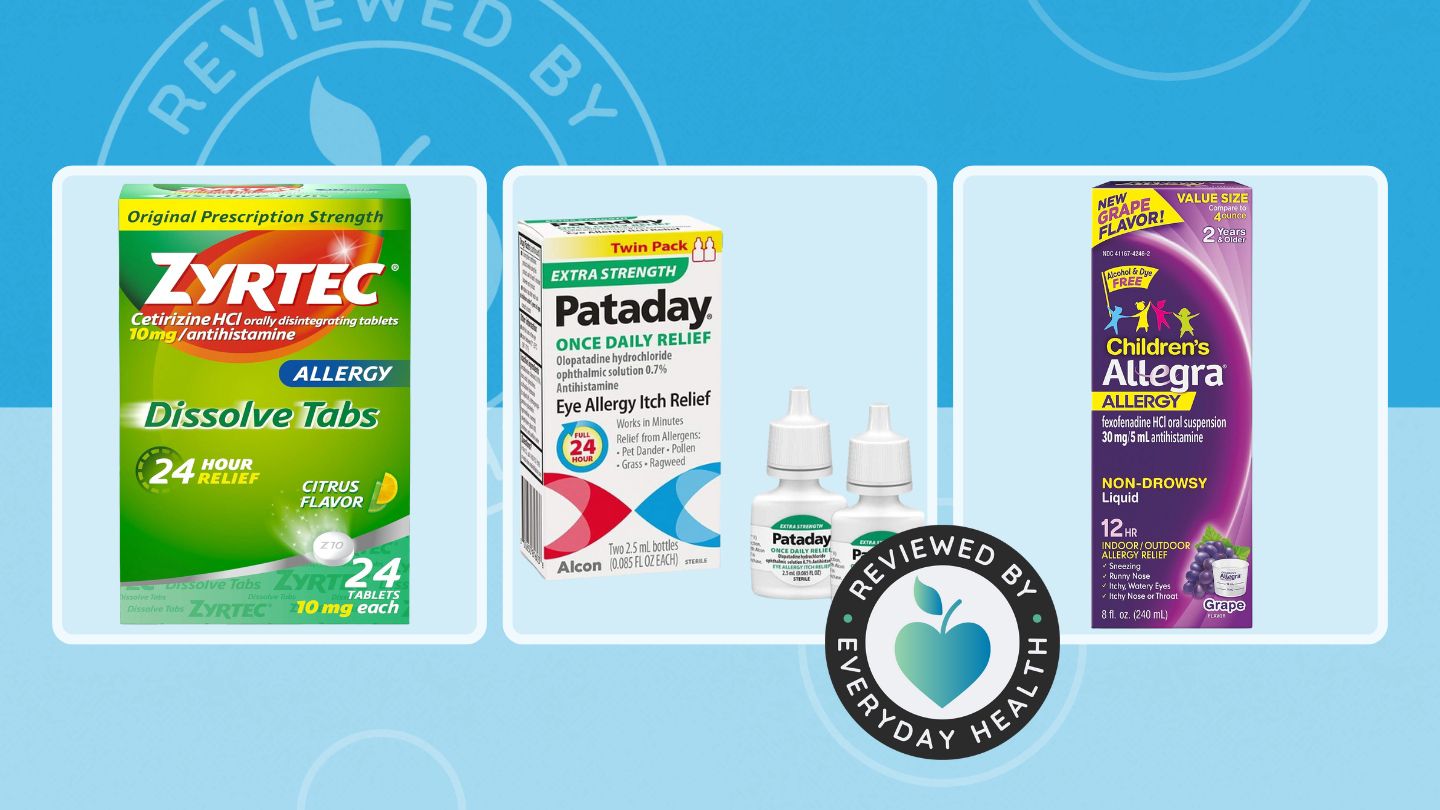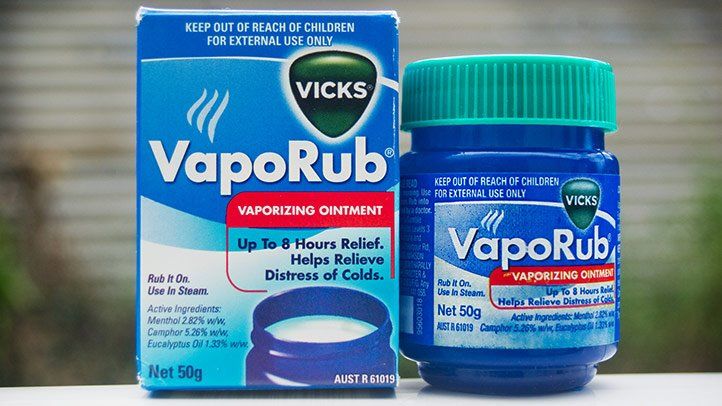Relieving Stuffy Nose and Sinus Congestion Naturally
Dealing with congestion from a cold, allergies, or sinus infection can be downright miserable. Between the sinus pressure, runny nose, coughing, and lack of sleep, it's no wonder people rush to drugstore medications for relief.
Before popping an over-the-counter decongestant, consider some natural alternatives. Plenty of home remedies can successfully thin mucus, open nasal passages, and reduce inflammation. Best of all, these DIY congestion fixes avoid side effects like jitteriness and rebound nasal swelling.
Causes of Nasal and Sinus Congestion
Stuffy noses and mucus-clogged sinuses have several potential causes:
- The common cold
- Allergies
- Sinus infections
- Weather changes
- Dry indoor air
- Viral infections
- Vasomotor rhinitis
- Pregnancy hormones
- Smoke or pollution
- Medications like birth control pills and blood pressure drugs
In most cases, congestion occurs when membranes lining the nose and sinuses become swollen and inflamed. Extra mucus production follows as the body tries to flush out viruses, allergens, or bacteria.
Dangers of Chronic Congestion
While occasional congestion is merely annoying, chronic or recurrent congestion interferes with sleep and everyday function. It can also lead to complications like:
- Sinus infections - Mucus gets trapped and breeds bacteria
- Ear infections - Blocked eustachian tubes push fluid into the ears
- Asthma flares - Upper airway swelling worsens breathing
- Facial pain and headaches
- Fatigue from poor sleep
Congestion lasting more than 10-14 days warrants checking in with a doctor to rule out infection or illness.
Natural Decongestant Remedies
When congestion strikes, try these natural remedies first to get mucus moving:
Steam Inhalation
Inhaling warm, moist air thins mucus so it can drain. Boil a pot of water, remove from heat, and carefully lean over it with a towel draped over your head. Breathe the steam for 5-10 minutes until nasal passages open up.
Saline Rinse
Saltwater washes can flush out mucus and allergens. Make your own nasal rinse solution by mixing 3 teaspoons of iodide-free salt with one teaspoon of baking soda and one cup of lukewarm distilled water. Use a bulb syringe or neti pot to irrigate the nasal passages.
Hot Compress
Applying moist heat helps thin mucus while easing sinus pressure. Soak a clean washcloth in hot water, wring it out, and place it over your nose and cheeks for 10 minutes. Repeat a few times daily.
Hydration
Staying hydrated keeps mucus from thickening. Drink at least eight glasses of water daily and opt for broths, herbal tea, and soup. Avoid dairy products and very sugary items, as these thicken secretions.
Humidifier
Dry air dries up nasal passages. Run a cool mist humidifier in your bedroom to maintain a comfortable moisture level. This helps loosen congestion for more restful sleep.
Gargle with Salt Water
Gargling can remove mucus from the back of the throat, reducing coughs and post-nasal drip. Stir 1/4 teaspoon of salt into a cup of warm water until dissolved. Gargle several times a day.
Natural Anti-Inflammatory Remedies
Allergic reactions and infections trigger nasal swelling. Herbal supplements can combat inflammation for relief from congestion:
Quercetin
This plant flavonoid stabilizes mast cells to prevent allergic inflammation. Take 500-1000 mg daily.
Butterbur
Used for centuries to treat headaches, butterbur exhibits anti-inflammatory and antihistamine properties. Try 50-100 mg twice daily.
Eucalyptus Oil
This herb contains cineole, a compound that reduces inflammation and relaxes airway muscles. Add a few drops to a steam inhalation, diffuser, or bath.
Green Tea
The antioxidants in green tea called catechins reduce swelling and histamine reactions. Sipping 2-3 cups a day can ease congestion.
Stinging Nettle
Nettle leaf capsules or tea can counter hay fever symptoms thanks to its antihistamine effect. Take 300 mg up to three times daily.
Natural Decongestant Supplements
Certain vitamins, minerals, and botanicals make good oral decongestants. Try combining several for maximum relief from stuffiness:
Vitamin C
This immune booster reduces histamine levels to combat allergic swelling. Take 1,000 mg twice daily.
Vitamin D
Studies link low vitamin D to upper respiratory infections and chronic sinusitis. Correct any deficiencies with 2,000-5,000 IU daily.
Bromelain
Derived from pineapple stems, bromelain exhibits mucus-thinning enzymes. Take 400-500 mg three times daily between meals.
NAC
The N-acetyl cysteine (NAC) in this supplement cuts through mucus. Take 600 mg daily on an empty stomach.
Zinc
Zinc boosts immunity and prevents coronavirus replication. Take 30 mg daily when fighting a cold.
Horseradish Root
Horseradish thins mucus through the spicy compound allyl isothiocyanate. Take 100-250 mg twice daily of a supplement.
Ginger
Gingerols in ginger have an expectorant effect to expel mucus and relax airways. Take 250-500 mg of dry extract up to three times daily.
When to See a Doctor
Schedule a doctor visit if congestion lasts more than 10-14 days or keeps recurring. Prolonged nasal congestion warrants examination to rule out:
- Chronic sinusitis - long-lasting sinus inflammation
- Enlarged adenoids - extra tissue blocking nasal passages
- Nasal polyps - noncancerous growths
- Deviated septum - crooked wall between nostrils
- Allergies - environmental triggers causing chronic symptoms
See a doctor immediately if congestion comes with:
- High fever
- Severe headaches
- Swelling around eyes
- Vision changes
- Stiff neck
These signs may indicate a more serious sinus infection or illness requiring medical treatment.
When to Use Decongestant Medication
While home remedies work well for mild congestion, severe stuffed-up symptoms may require temporary medication. Over-the-counter decongestants like pseudoephedrine or phenylephrine constrict blood vessels in the nasal passages for fast relief. Use oral decongestants sparingly, as they can cause side effects like:</p
FAQs
What causes nasal and sinus congestion?
Common causes include colds, allergies, sinusitis, weather changes, dry air, and certain medications. Congestion involves swelling of nasal membranes and increased mucus production.
What are some natural ways to thin mucus?
Try steam inhalation, saline rinses, staying hydrated, using a humidifier, and supplements like NAC, bromelain, and ginger to thin and clear excess mucus.
How can I reduce swelling in my nasal passages?
Anti-inflammatory herbs like butterbur, quercetin, eucalyptus essential oil, green tea, and stinging nettle can help reduce nasal inflammation and open passages.
Are decongestant medications safe to use long-term?
No, oral decongestants shouldn't be used for more than 3-5 days due to side effects like rebound congestion, insomnia, anxiety, and elevated blood pressure.
When should I see a doctor for congestion?
See a doctor if congestion lasts more than 10-14 days, comes with fever, headache or vision changes, or keeps recurring frequently. This may indicate an infection or chronic condition.
Disclaimer: This article is for informational purposes only and does not constitute medical advice. Always consult with a healthcare professional before starting any new treatment regimen.
Related Coverage
Taking ibuprofen together with Dayquil can exceed the daily acetaminophen limit and lead to liver damage. Learn safe alternatives for cold symptom relief....
Relieve nasal and sinus congestion naturally with steam, hydration, supplements, and more. Open stuffed nasal passages and clear mucus without medication side effects....
Soothe sinus pain and pressure with effective natural remedies like steam, salt therapy, herbs, and diet changes. Natural treatments provide safe sinusitis relief....
Explore 7 natural cough remedies you can find near you, including honey, saltwater gargles, herbal teas, humidifiers, cough drops, and staying hydrated. Embrace remedies from your local community....
When intermittent fasting, a common question is if swallowing mucus or phlegm affects fasted states metabolically. Learn what experts say about mucus content and fasting efficacy....
Hemorrhoids themselves are not contagious and cannot spread from person to person. However, bacteria that worsen hemorrhoid inflammation and discomfort can transmit through poor hygiene....
Discover if Vicks VapoRub is an effective remedy for nausea relief. Explore the science behind menthol, aroma, and anecdotal evidence. Learn about proper usage and alternative natural remedies....
Learn about the science-backed benefits of Nature's Truth black elderberry extract for immune health. Discover research on elderberry for colds/flu and get expert tips for usage....
Mucinex and Benadryl can generally be used together for colds but may cause increased drowsiness. Natural remedies like fluids and steam may also provide relief....
Compare Theraflu and Alka-Seltzer Plus ingredients, liquid vs tablets, appropriate products for specific cold/flu symptoms to determine the best OTC relief choice....








